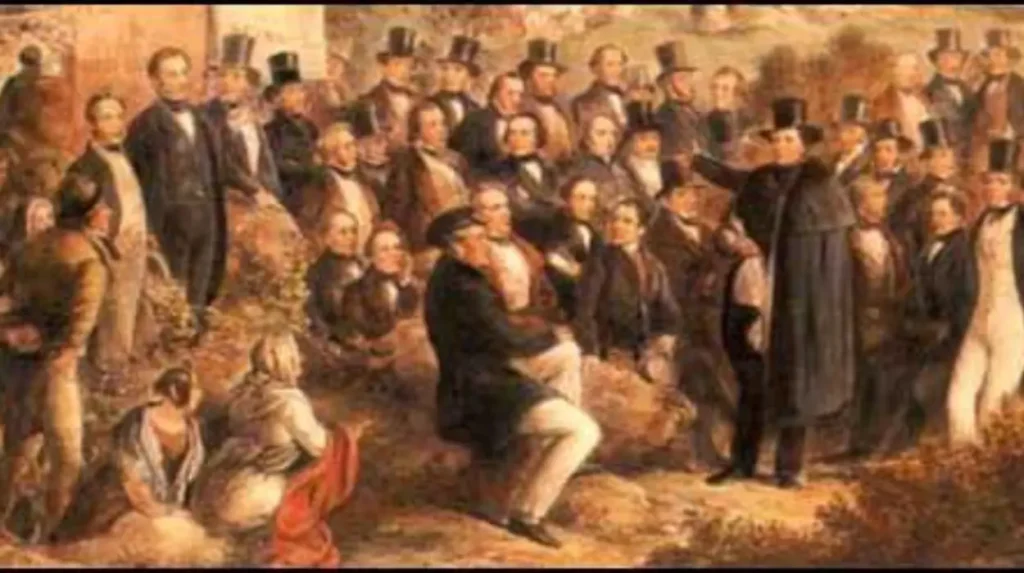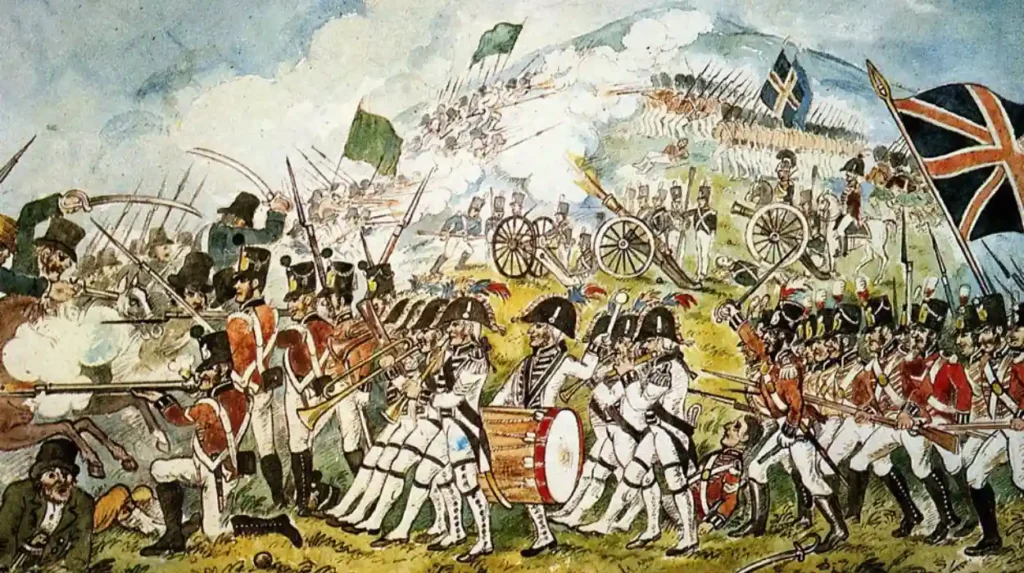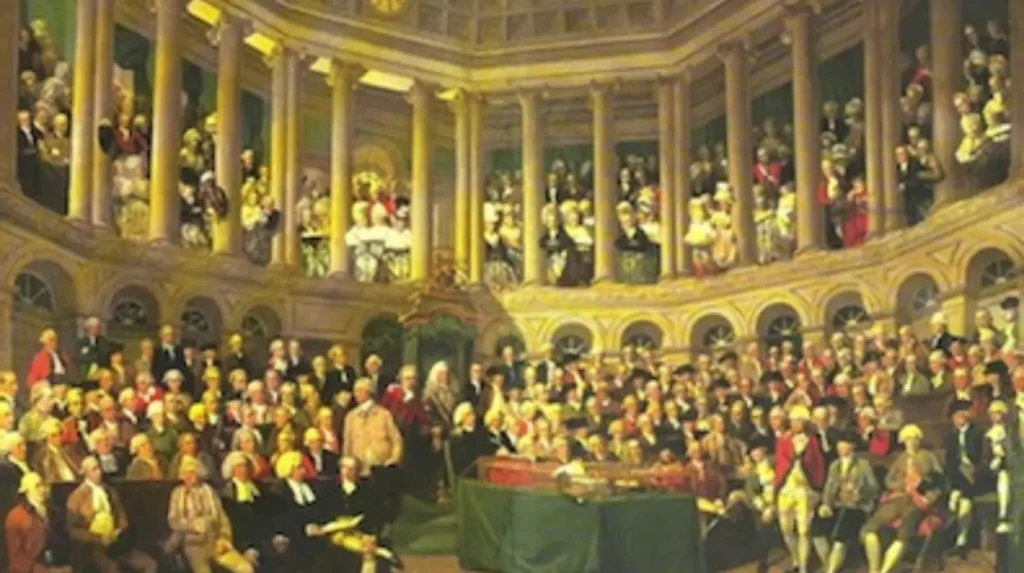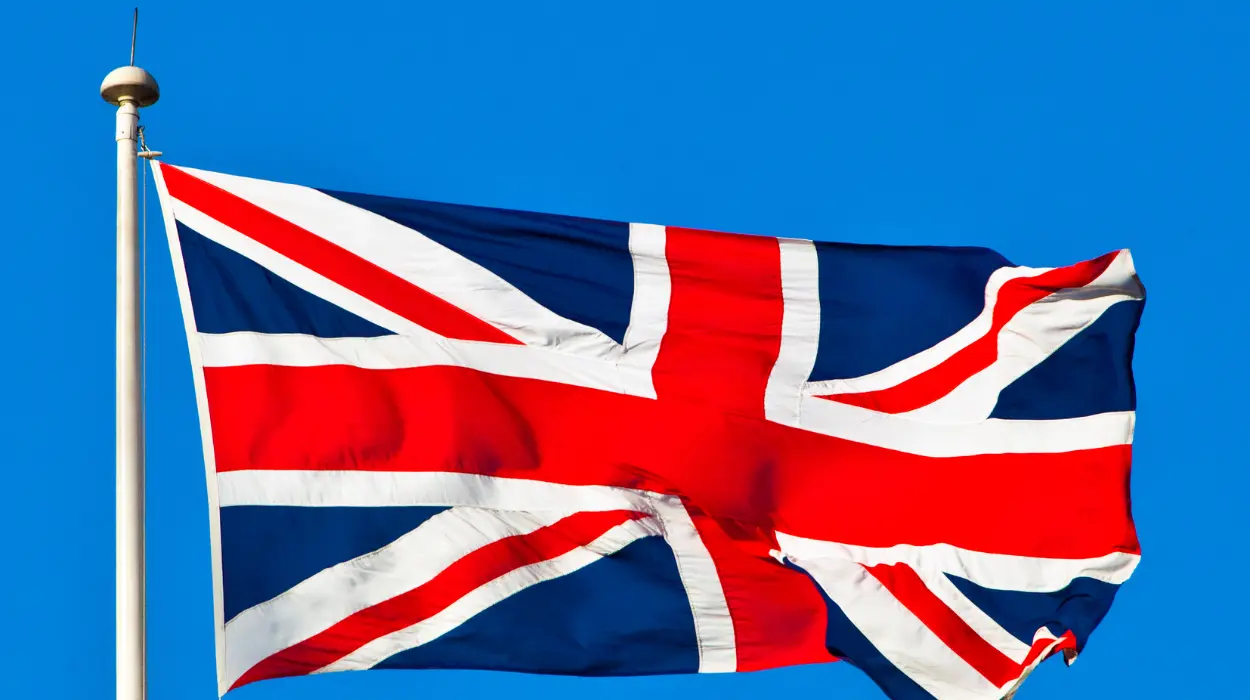The Act of Union 1800 is one of the most significant pieces of legislation in British and Irish history. In creating a legal and political structure called the United Kingdom of Great Britain and Ireland, the Act changed the politics of both countries and created a new legal patrimony. The Act served as the foundation for over a century of executive powers, diplomacy, and social relations between Britain and Ireland. To appreciate the importance, meaning, and intention of the Act is to appreciate how the idea of Union came to be, how and for what reason the Union was established, and how it continues to affect the political structure of both countries.
Understand the Meaning of the Act of Union 1800
The Act of Union 1800 actually consists of two separate and complementary acts of legislation that were passed by the Parliament of Great Britain and the Parliament of Ireland. The two acts united the two nations of Ireland and Great Britain into a single legal construct called the United Kingdom of Great Britain and Ireland. The union was legally effective on January 1, 1801, and on this date the jurisdiction of independent parliamentary representation in Ireland was disbanded. The acts laid out terms not only of political union but also of representation, governance, and trade between the U.K. and Ireland.
The Method of Union
Union was established as two parallel laws of both parliaments, which outlined the conditions of political authority. The acts outlined the number of Irish representatives in the U.K. Parliament, trade arrangements, and described the role of the monarchy. A long and sometimes arduous negotiation, and, in several cases, the adoption of a position through political compromise.
Main Provisions of the Act
The Act set out different provisions, including having one parliament in Westminster, one crown, and removal of trade barriers with Great Britain and Ireland. This act placed the Church of England and the Church of Ireland as state churches, and this was reflective of the role of religious concerns in the political union.

Geographic and Political Scope
The union covered England, Scotland, Wales, and Ireland, and accordingly, they constituted one kingdom under one legislative and governmental framework. Although Scotland had been incorporated into England and Wales in 1707, the inclusion of Ireland added both landmass and regional political currency in both Great Britain and Europe.
Key Political Figures
The Act of Union 1800 was largely a product of political actors, such as British Prime Minister William Pitt the Younger and Irish political leaders in favor of unification with Britain. These acts used the rationale that a united Britain and Ireland would enhance the economic and political efficacy of the two nation-states, especially in the current climate of threat from Napoleonic France.

The purpose of the Acts of Union 1800
Below is discussed the purpose of the Acts of Union 1800:
- Enhanced political control: The most significant purpose of the act was that proposition to enhance Britain’s political control of Ireland. At the time, Ireland represented a risk to British security, particularly with a war raging with France. Having one government was considered more stable and would prevent influence from foreign agents.
- Enhanced economic integration: The objective of the act was to facilitate trade and economic cooperation with Great Britain and Ireland. The new government would promote the abolition of existing trading restrictions, allowing a direct route to a larger market for Irish industry while granting Great Britain’s businesses access to Irish resources.
- Security concerns: As a political uprising entered the late 18th century, when the 1798 Irish Rebellion took place, the British government thought an act of union would help the government secure Ireland against future uprisings by pulling all military and political power into a single unit.
- Religious and social objectives: The union was also intended to temper sectarian tensions. Britain wanted to bring Irish Catholics into the fold of political pursuits while still maintaining Protestant dominance with established churches. Importantly, while the Act would not immediately grant Catholic emancipation, the Act was to establish the intention of the governing body to pursue this predominantly necessary change to the political framework of Ireland moving forward.
- Diplomatic and imperial strategy: Generally speaking, the act was an element of Britain’s imperial strategy. Consolidating Ireland assured advantages of position in terms of naval power and military capability and eliminated Ireland as a base for Britain’s enemies. It also established Britain as a newfound European power.

Historical significance of the Act of Union 1800
Five main historical significances of the Act of Union 1800 are:
- The United Kingdom of Great Britain and Ireland: The immediate significance was the establishment of a new political authority, the United Kingdom of Great Britain and Ireland, which changed the concept of national identity, government, and relationship between the two nations for over a century.
- The Representation of Ireland: Ireland was allotted a fixed number of seats in the UK House of Commons and the House of Lords. Ireland, without a parliamentary voice in British politics, was represented in Westminster, as the critics asserted, by no longer being autonomous and restricted from acting independently.
- The Implications for British Politics: The Act could shape British politics by expanding the territory/encompass of the governance and giving broad Schmidt coverage and prominence to Irish issues at the heart of Westminster. Debates regarding Irish policies became embedded in British politics, impacting party relations and legislative agendas.
- Long-Term Social and Economic Effects of the Act: The economic integration envisaged by the Act produced mixed results. Trade did increase in some areas, but Ireland’s economy persisted in stigma and hardship, especially in rural areas. Socially, tensions between Catholics and Protestants persisted, and the reforms that were promised for Irish Catholics were delayed for decades.
- The Beginning of Irish Independence: Ironically, the Act of Union established the impetus for later demands for Irish independence. Dissatisfaction with British rule and the perception of unequal treatment ultimately contributed to demands for home rule and, ultimately, the formation of the Irish Free State in 1922.

